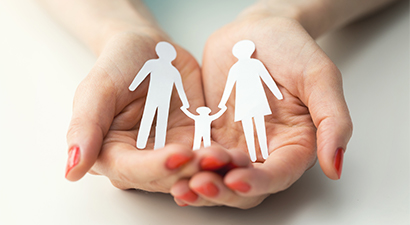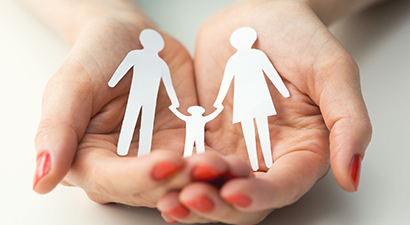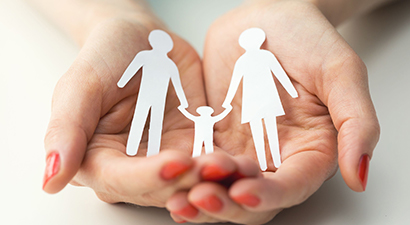Custody or Care of Children
WHAT IS THE DIFFERENCE BETWEEN GUARDIANSHIP, CUSTODY AND CARE?
Guardianship of a child has nothing to do with whom or where a child resides, as some may think. Guardianship relates only to assisting the child in legal, contractual and administrative matters, including safeguarding their property, as well as giving or refusing consent required by law in respect of a child.
Custody is the common law concept of day-to-day control and care of the child. Since the advent of the Children’s Act 38 of 2005 (“the Act”) it is no longer used as a concept on its own, as it can loosely be construed to mean the same as “care”, which is one of the parental rights and responsibilities assigned to a married or unmarried parent.
Care is a wide-ranging concept as defined in the Act, which includes most importantly where the child lives, but also includes safeguarding and promoting the well-being and interests of the child. In KZN this concept has been extended even further to designating the “primary residence” of the child – which is simply refers to where the child resides.
DO FATHER’S HAVE THE SAME RIGHTS AS MOTHERS?
Married fathers have exactly the same rights and responsibilities as married mothers in respect of minor children. This includes the right to care and have contact with the child, guardianship of the child, and the responsibility to maintain the child. If a parent has all of these rights they are said to have “full parental rights and responsibilities”.
Unmarried father’s rights are acquired either automatically in terms of Section 21(1)(a) of the Act if the mother and father were living together in a permanent life- partnership at the time of the birth of the child, or, regardless of whether the mother and father lived together at the child’s birth, if certain criteria are fulfilled by the father in terms of Section 21(b) of the Act, he acquires full parental rights and responsibilities.
AT WHAT AGE CAN MY CHILD DECIDE WHO S/HE WANTS TO LIVE WITH?
Every child has the right to participate in matters relating to themselves and to have their voice heard. Accordingly, every child’s view must be considered in determining which parent they will live with or any other major decision affecting the child’s wellbeing, subject always to their age and maturity level.
It goes without say that what a two-year old verbalises might not have as much weight as for example a mature thirteen-year old’s opinion would, but there is no hard and fast rule as to what the Family Advocate or the courts may rely on when they consider a child’s view – even a child of a tender age.
In all cases regarding children the interaction between that child with a particular parent can and must be considered, and the best interests of the child is always the overriding consideration.
WHAT CAN I DO IF THE PRIMARY CARE-GIVER REFUSES ME CONTACT?
A primary care-giver or co-holder of parental rights and responsibilities is not allowed to refuse contact with another holder of parental rights and responsibilities. If they are found guilty of same it is an offence in terms of Chapter 3 Section 35 of the Act and they may be liable to a fine of period of imprisonment.
The primary care giver can also be held in contempt of court, if s/he is in breach of a court order providing for contact.
That said, in circumstances where contact has been withheld for the safety or wellbeing of a child, the court can, as the upper guardian of all children vary or set aside an order which is not in the child’s best interests.
WHAT ARE MY RIGHTS IF A CHILD IS BORN TO A MARRIED COUPLE BY ARTIFICAL INSEMINATION?
Where a couple decide to have a child via Artificial Insemination (AI), in terms of Section 40 of the Act that child is viewed as the parties’ biological child, even if the child was conceived with the gametes of another person outside of the marriage, provided that both parents consented to the artificial insemination.
Both parents will therefore have acquired full parental rights and responsibilities in respect of that child.






